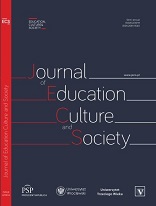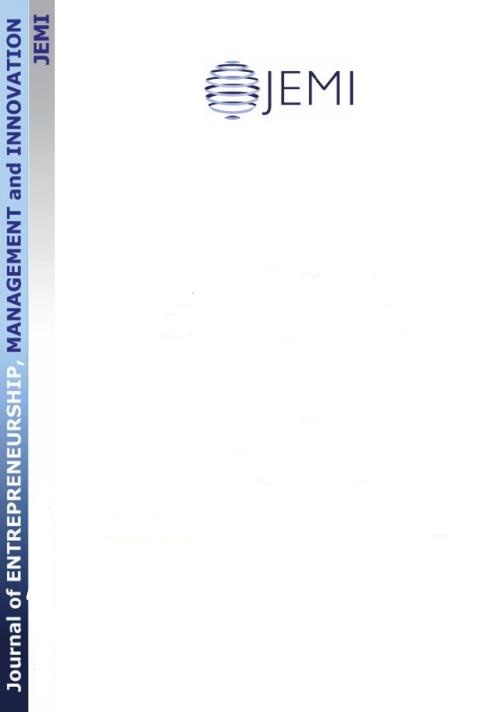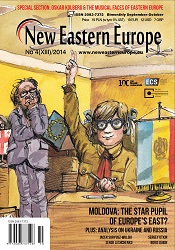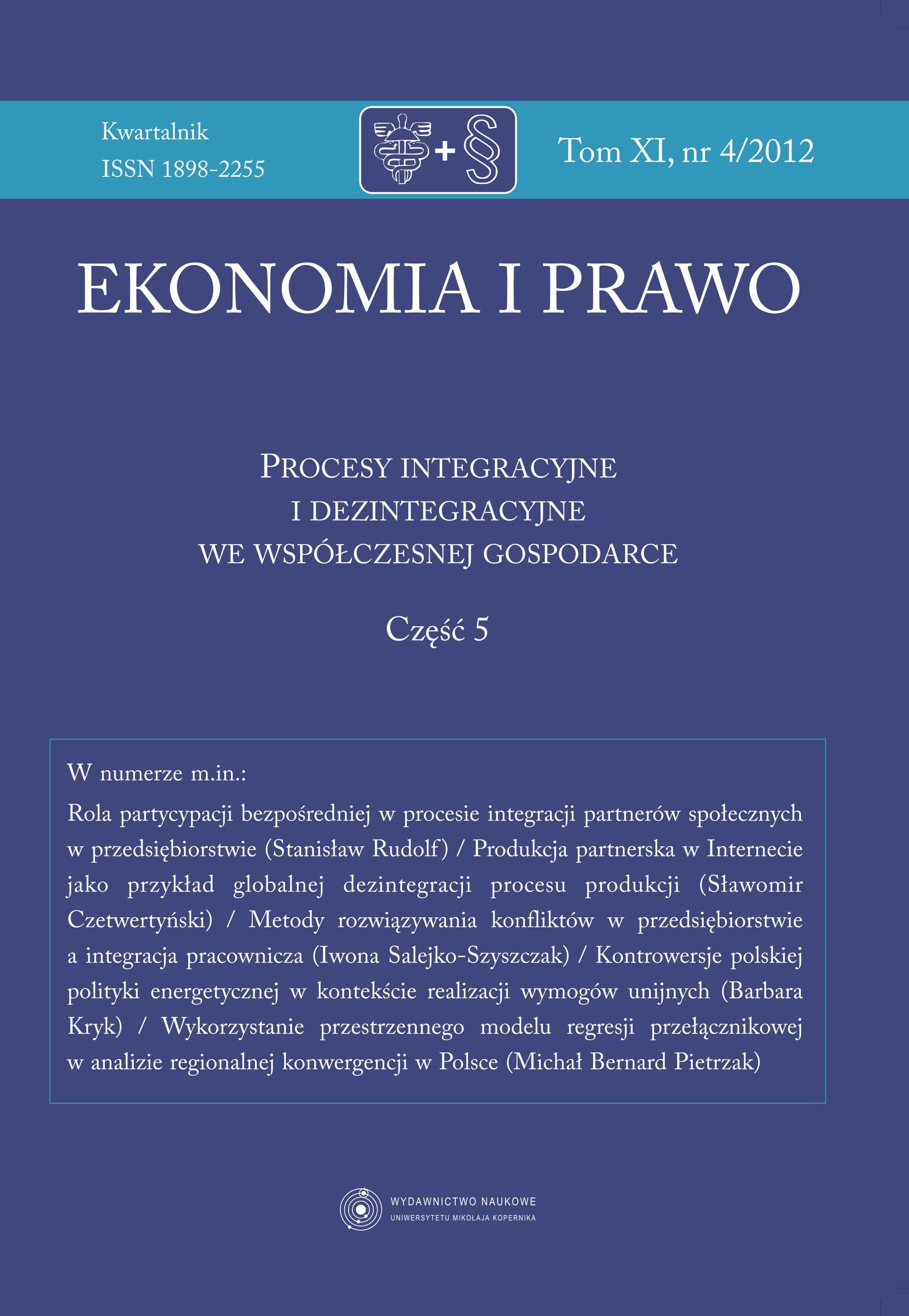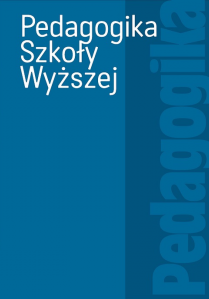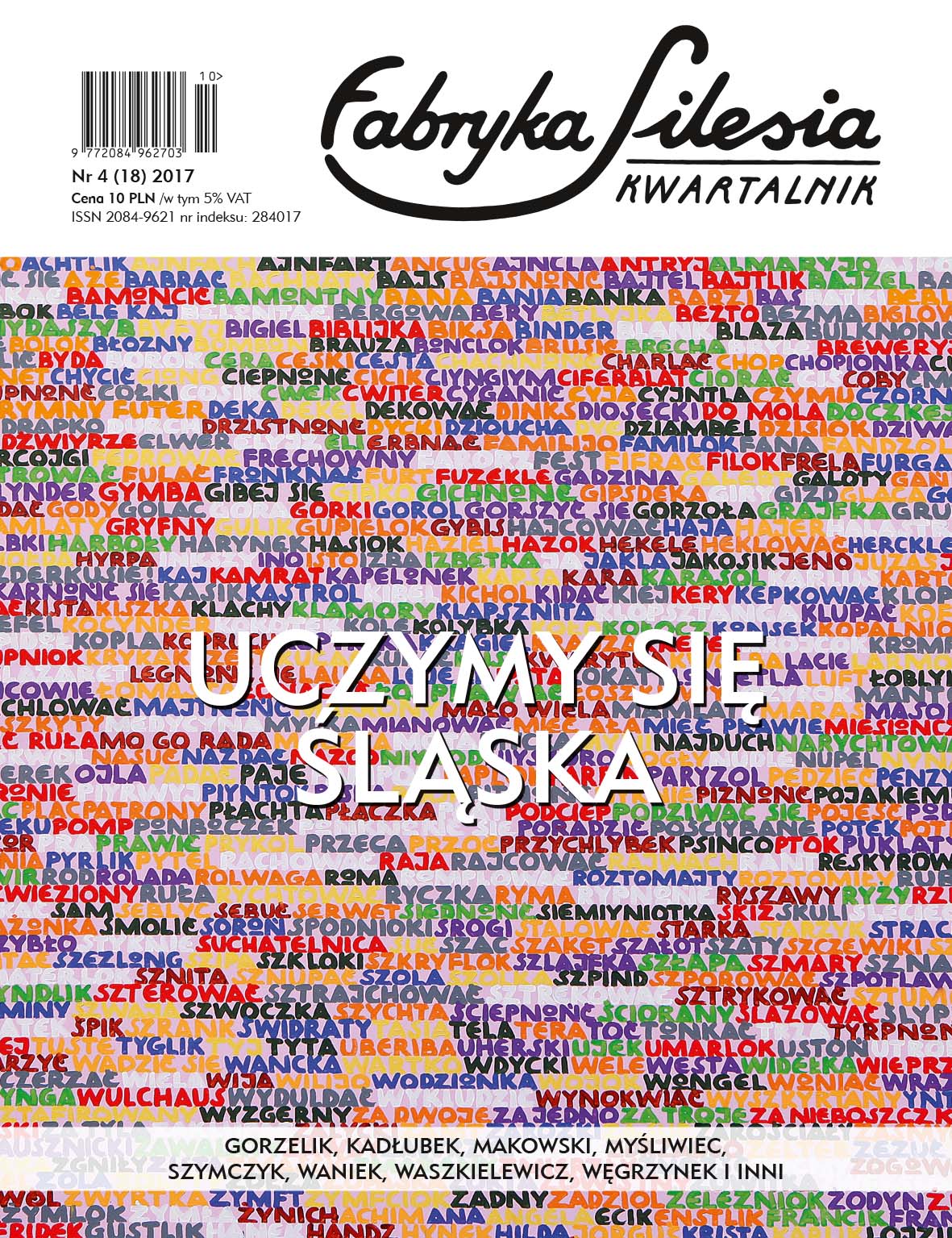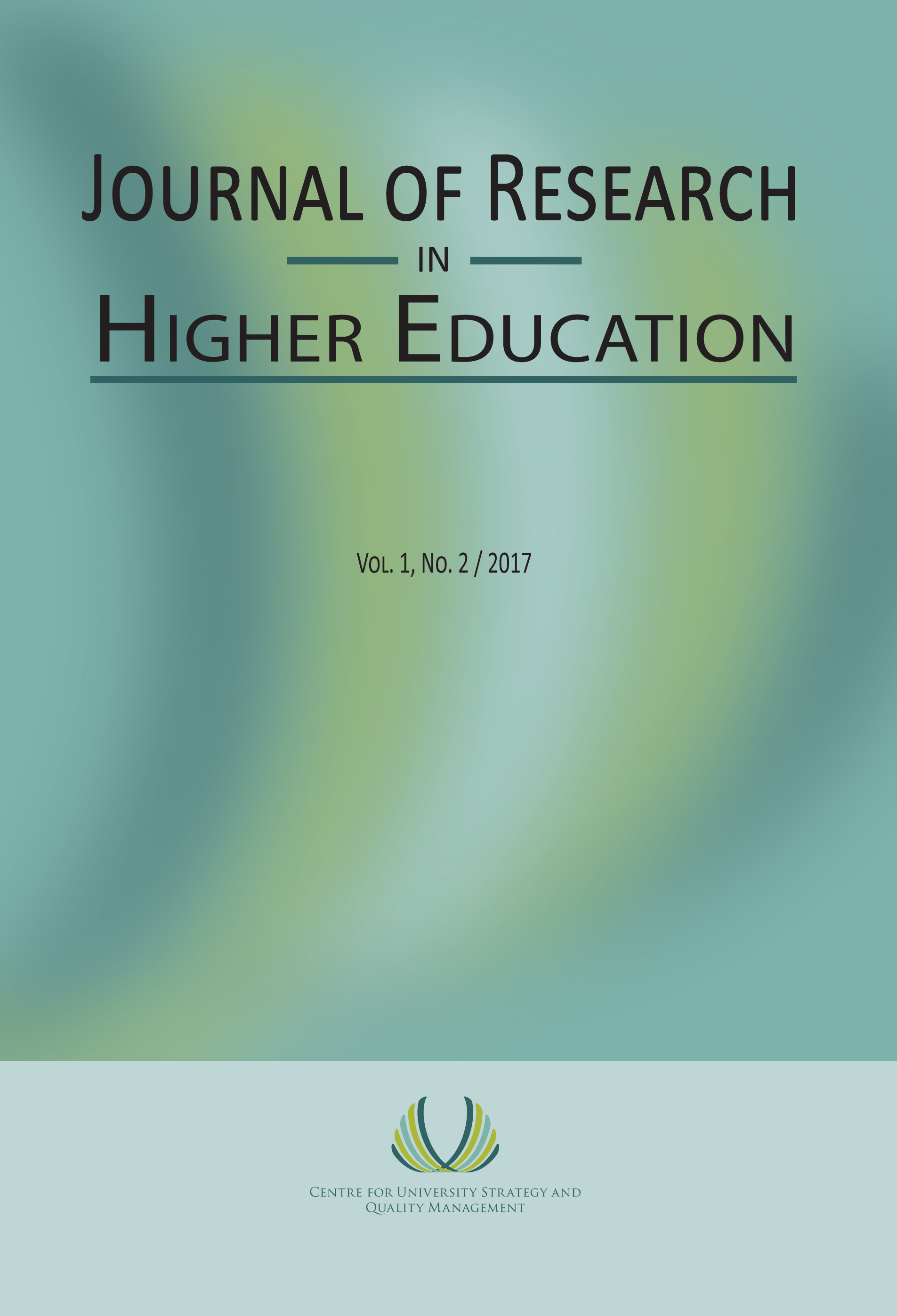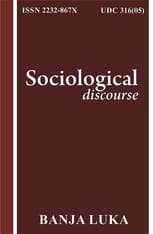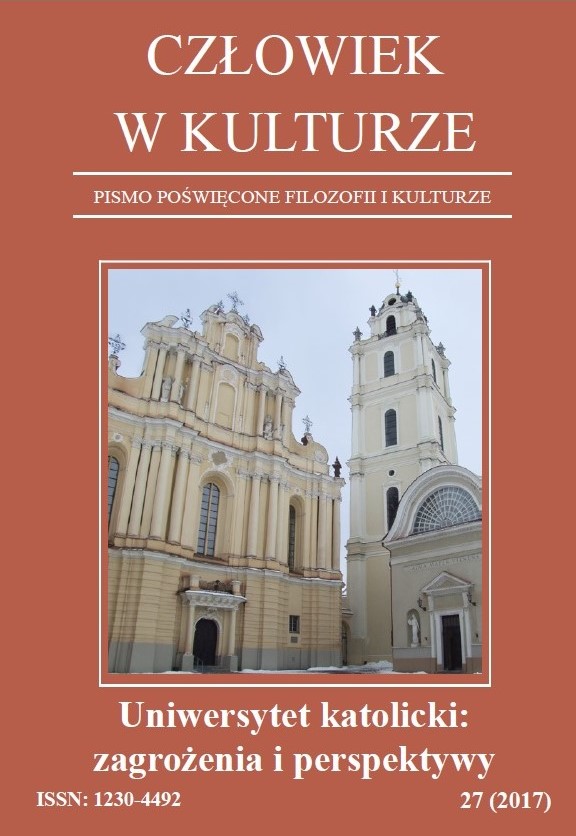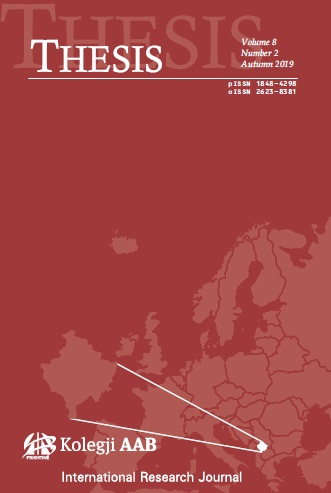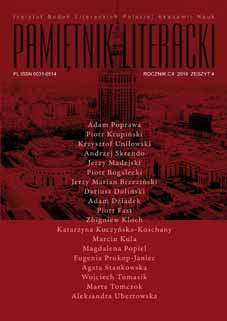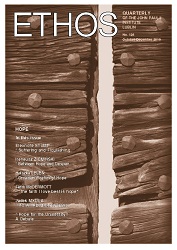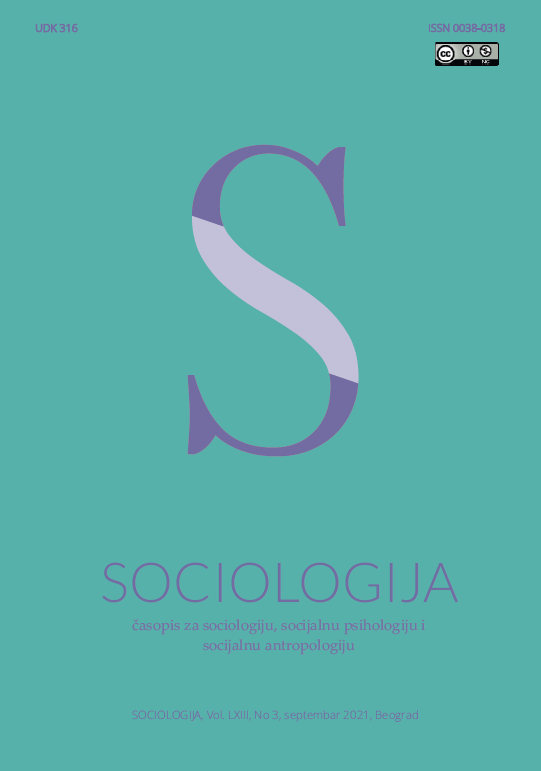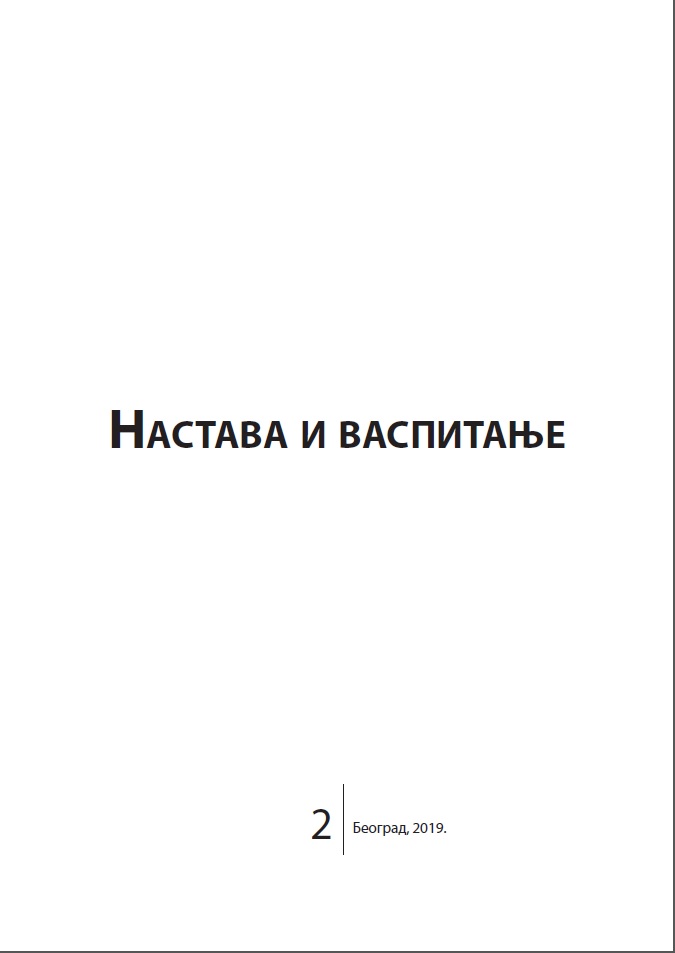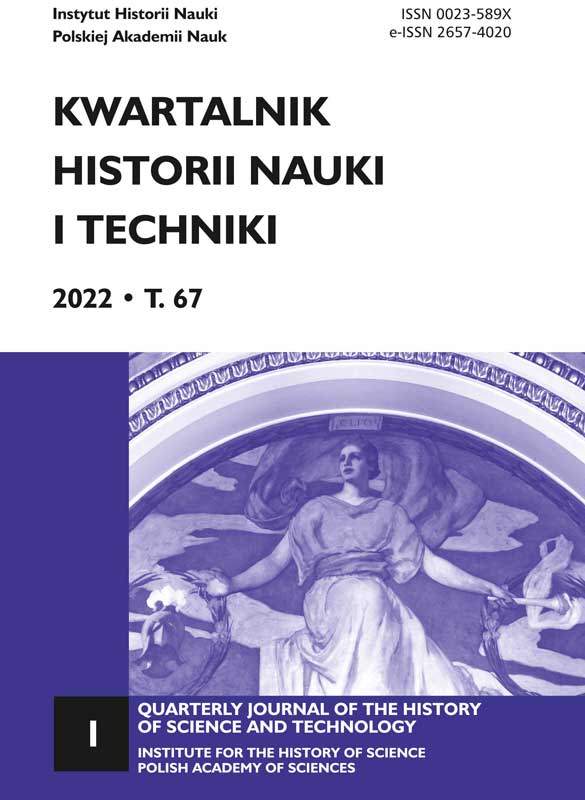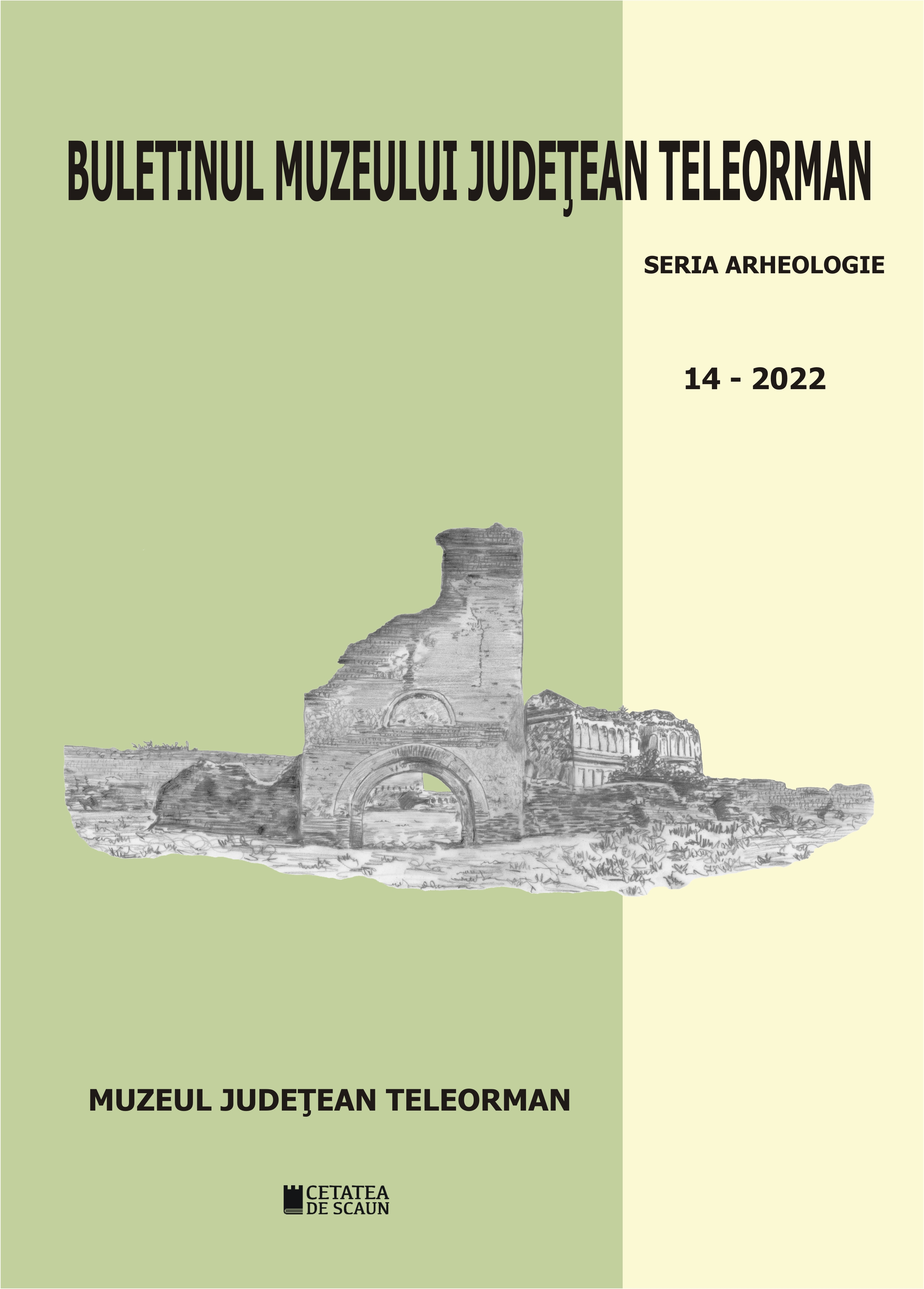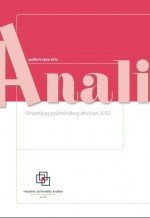
Lifelong Learning and Changes of the University
Cjeloživotno učenje i promjene sveučilišta
Keywords: university; lifelong learning; ideas; institutions; Bologna process;
In the article the author analyses how lifelong learning as a new idea in education policy is related to institutional changes in higher education. The primary emphasis in the study is on the role of ideas, interests and intuitions in changing education policy. Institutional change and new ideas in higher education policy are explained through the implementation of the lifelong learning concept in Olsen’s four models of the university. The article describes lifelong learning as a new policy idea which brings fundamental change from education to learning, and bridges the distinctive positions of academic and vocational tertiary education. The article suggests that actors from the political and economic environments determine changes to the university. In this context the influence of lifelong learning on the understanding, prescription and implementation of institutional changes in education policies is analyzed and political justifications of these changes are addressed. The author analyses changes in governance, curriculum and funding influenced by the lifelong learning concept. The article describes changes in the university curriculum and funding as a result of non-traditional students’ entrance. The justifications for the autonomy of university governance are stressed as well as access, recognition, modularisation and vocationalisation of the curriculum. A qualification framework is identified as a part of curriculum reform, but also as a policy instrument for national and European political and economic goals.
More...
